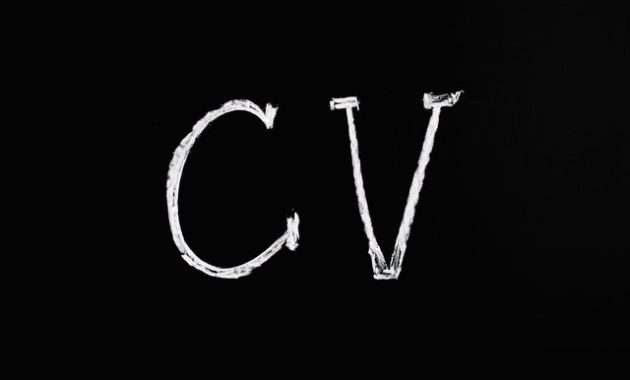The difference between CV and resume: compare to know. To find your dream job, you have to prepare a nice and engaging CV or resume. Every job posting website and company wants a CV for their open positions. As a result, you must submit a resume for a job position.
Job seekers must have an effective resume and practice writing resumes for various job searches. Resume writing necessitates a thorough understanding of resume samples and formatting.
You can find various sample resume and CV templates to help you design your own. In our articles, you will notice that we use the terms CV and resume interchangeably. So, CV and resume are interchangeable terms for expressing the same ideas.
However, in some countries, the terms CV and resume are used interchangeably. If companies in your country ask for a CV or a resume, we explain the difference between the two.
Difference between CV and resume
The length of the document and the information you provide distinguish CV from Resume. In America and all African countries, CV or “resume” has the same meaning. And can be used interchangeably by employers.
CV and resume have different meanings in England and other European countries, and the company may request a specific CV or resume when submitting an application. so, we will see difference between CV and resume.
What is a curriculum vita?
A curriculum vitae is a Latin word that means “course of life”. CV stand is for curriculum vitae. CV is a detail and more comprehensive document that describe your full academic history and profession.

There is no limit to how much information you can include in your CV. This can be a detailed description of the course you take, the research you do, the publication you participate in, and any presentation you make.
When applying for a scholarship, you must use a CV because CVs provide complete information and have no set limit for adding additional documents.
Writing a CV gives you great flexibility; you can add more job history and use whatever CV format you want.
What to include on a curriculum vitae?
All CVs must include all necessary information for the jobs you apply for. Because a cv can be in a long format if desired. So you can add more information.
Curriculum vitae are including the following:
- Your full name
- Contact information
- Full education background
- Full skills details
- All the experience you have
- Course and fieldwork dissertation description
- Professional references
- Hobbies you have in detail
- Language you speaks
- Additional certificates you achieve
- And any other relevant documents you wish to include.
In CV, you can include your entire document as well as any supporting materials. The benefit of a CV is that there are no page limits. Just keep chronological orders only.
What is a resume?
Resume is come from French word. It means “summary”. So, a resume is a short summary of your educational qualifications, skills, experience, and career history.

A resume is just bullet points of relevant skills for the jobs you apply for. It focuses only on one job position and is used only for that position.
In your resume, you have to focus on only what is necessary and important for that position.
What to include on a resume?
Most companies require resumes for job postings because resumes are a short and precise format for seeing and understanding more in a short period of time. A resume is short, brief, and simple.
When you write a resume, you have to include the following:
- Full name
- Contact information
- short and brief educational background
- Short format experience
- Short listed skills in bullet point
- Hobbies in bullet points
- Language in bullet point
- Reference in bullet point.
That is all you can put in your resume. It must be brief, no more than two pages.
Summary
Resume writing necessitates a thorough understanding of resume samples and formatting. The length of the document and the information you provide distinguish CV from Resume.
The main difference between CV and resume is when applying for a scholarship, you must use a CV because CVs provide complete information and have no set limit for adding additional documents. While a resume only contains bullet points of relevant skills for the jobs you apply for. Most companies require resumes for job postings because resumes are a short and precise format for seeing and understanding more in a short period of time.


4 thoughts on “The difference between CV and resume: compare to know”